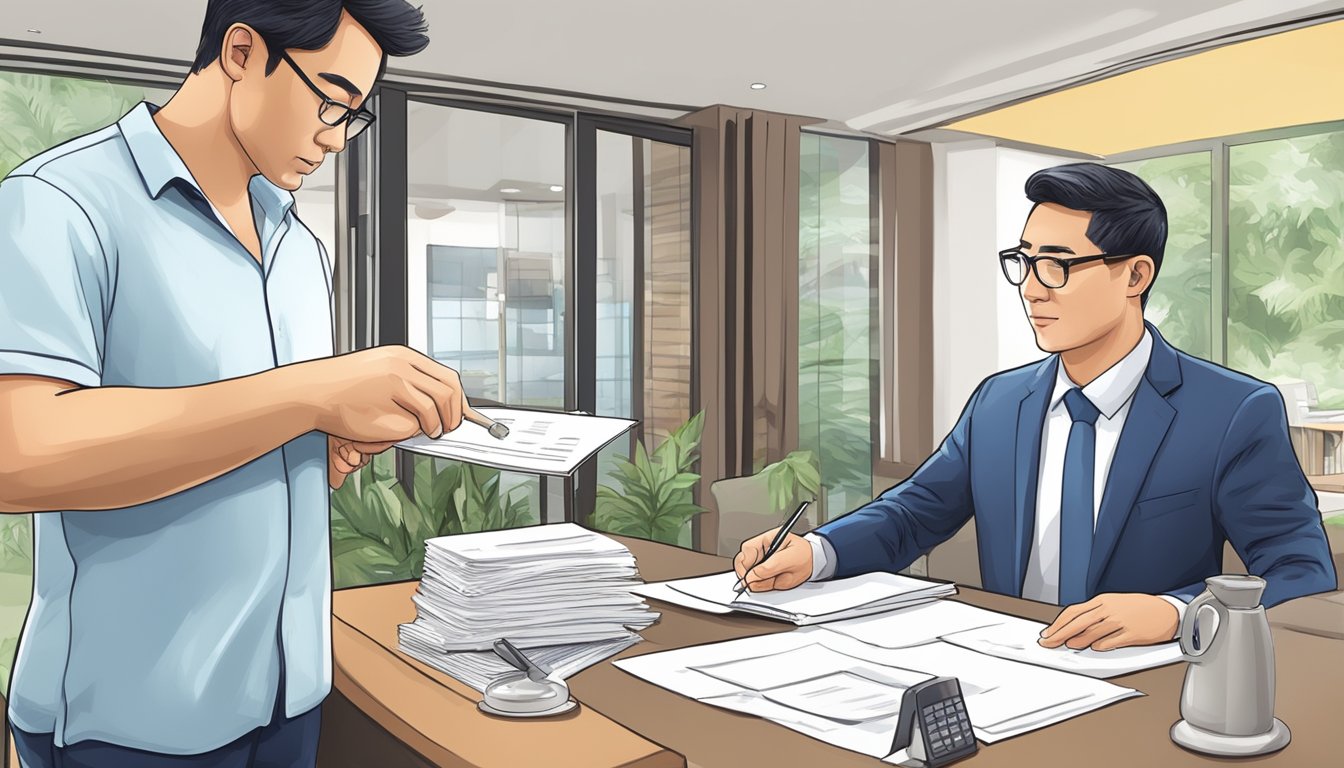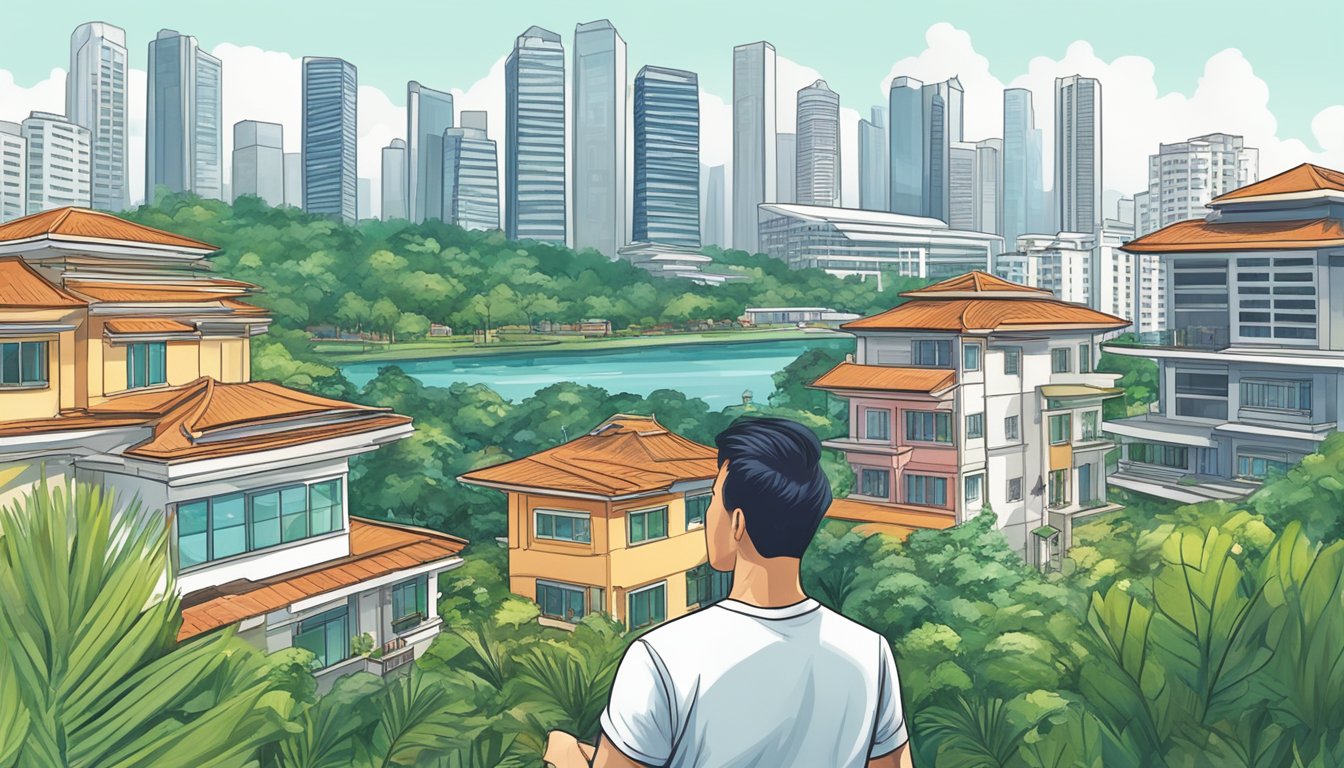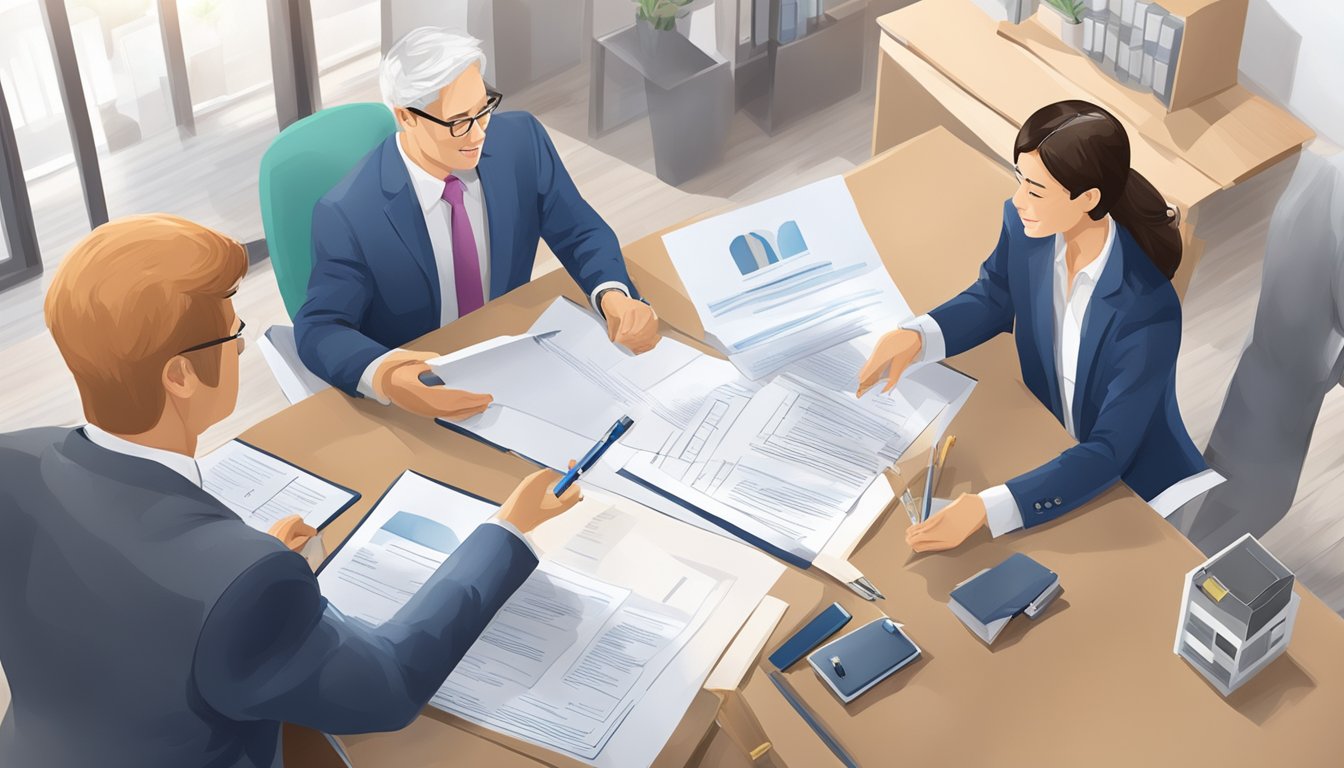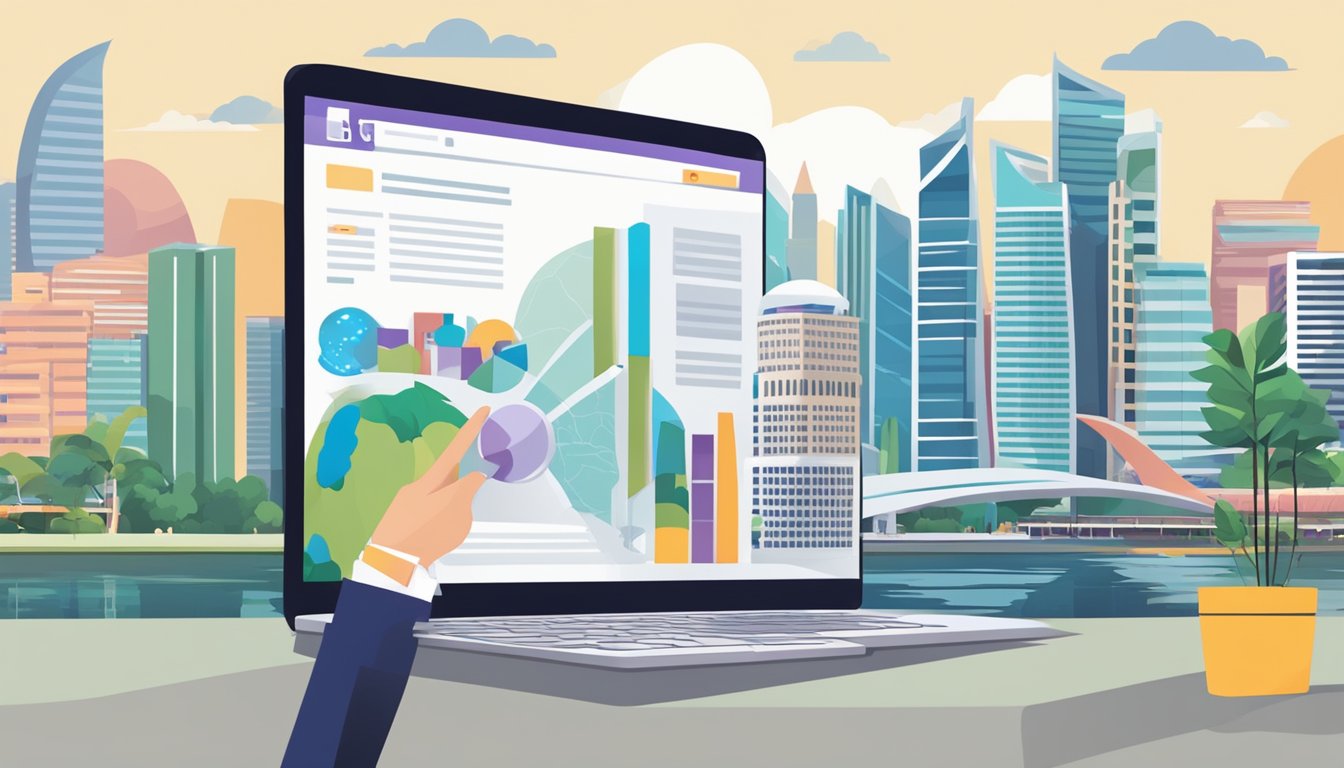Foreigners buying property in Singapore has become increasingly common in recent years. As a foreigner, you may be wondering what the eligibility criteria are for purchasing property in Singapore and what the process entails. Fortunately, buying a property in Singapore as a foreigner is possible, but there are certain restrictions and guidelines that you need to be aware of.

Understanding the Singapore property market is essential before you begin the process of buying a property. Singapore’s property market is highly regulated, and the government has implemented various measures to control the market and ensure that it remains stable. As a result, the property market in Singapore is considered to be one of the most stable and attractive in the world.
The purchase process for foreigners can be complex, but it is important to note that it is not impossible. You will need to meet certain eligibility criteria and obtain the necessary approvals before you can purchase a property in Singapore. With this in mind, let’s take a closer look at what you need to know about buying a property in Singapore as a foreigner.
Key Takeaways
- Foreigners can buy property in Singapore, but there are restrictions and guidelines that they need to be aware of.
- Understanding the Singapore property market is essential before beginning the purchase process.
- The purchase process for foreigners can be complex, but it is not impossible.
Understanding the Singapore Property Market

If you’re a foreigner looking to buy a property in Singapore, it’s important to understand the Singapore property market. The Singapore property market is known for its stability and high property prices, making it an attractive investment option for both locals and foreigners alike.
Types of Properties Available
There are different types of properties available in Singapore, including HDB flats, executive condominiums, landed property, and private properties. HDB flats are government-subsidized public housing that are affordable and catered to the needs of Singapore citizens. Executive condominiums are a hybrid of public and private housing, and are available to Singaporeans and permanent residents only. Landed property refers to houses that come with a piece of land, such as bungalows, terraced houses, and semi-detached houses. Private properties include condominiums, apartments, and landed properties that are not subsidized by the government.
Property Ownership Regulations
As a foreigner, you are allowed to purchase private properties such as condominiums and apartments, but there are certain regulations you need to be aware of. Foreigners are not allowed to purchase HDB flats and executive condominiums unless they meet certain eligibility criteria. Additionally, foreigners are subject to a higher Additional Buyer’s Stamp Duty (ABSD) of 20% on top of the existing Buyer’s Stamp Duty (BSD) when purchasing a property in Singapore.
Impact of Property Cooling Measures
The Singapore government has implemented various property cooling measures over the years to prevent an overheated property market and to ensure that property prices remain stable. These measures include the ABSD, loan-to-value (LTV) limits, and total debt servicing ratio (TDSR) framework. The ABSD is a tax imposed on property purchases, while the LTV limits and TDSR framework are loan restrictions that limit the amount of money you can borrow from banks to finance your property purchase.
Overall, the Singapore property market is a stable and attractive investment option for foreigners. With a good understanding of the different types of properties available, property ownership regulations, and the impact of property cooling measures, you can make an informed decision when purchasing a property in Singapore.
The Purchase Process for Foreigners

If you are a foreigner looking to buy property in Singapore, there are several important factors to consider. In this section, we will walk you through the eligibility and restrictions, financial considerations, and legal procedures and fees involved in the purchase process.
Eligibility and Restrictions
As a foreigner, you are eligible to buy property in Singapore, but there are certain restrictions. You must meet the eligibility criteria set by the government, which includes having a valid work permit or being a permanent resident. Additionally, you can only purchase certain types of properties, such as private residential property or apartments in buildings of less than six stories.
When purchasing a property, you will also need to pay stamp duties, which include buyer stamp duty and additional buyer stamp duty. The buyer stamp duty is calculated based on the purchase price of the property, while the additional buyer stamp duty is calculated based on your residency status and the number of properties you own.
Financial Considerations
When buying property in Singapore, it is important to consider the financial aspects of the purchase. You will need to factor in the cost of stamp duties, conveyancing fees, and loan-to-value limits. Additionally, you should consider the potential for capital appreciation and rental income, as well as inflation and other economic factors that may impact the value of your investment.
Legal Procedures and Fees
The legal procedures and fees involved in buying property in Singapore can be complex, so it is important to work with a qualified legal professional to ensure that you understand your rights and obligations. You will need to pay conveyancing fees, which cover the legal work involved in transferring ownership of the property. Additionally, you may be subject to seller stamp duty if you sell the property within a certain period of time.
Overall, buying property in Singapore as a foreigner can be a complex process, but with the right knowledge and guidance, it can be a smart investment. Keep in mind the eligibility criteria and restrictions, financial considerations, and legal procedures and fees involved in the purchase process to ensure a smooth and successful transaction.
Frequently Asked Questions

What’s the process for a foreigner to purchase a condo in Singapore?
If you’re a foreigner looking to purchase a condo in Singapore, the process is fairly straightforward. You’ll need to engage the services of a licensed real estate agent and provide proof of your eligibility to purchase property in Singapore. Once you’ve found a property you’re interested in, you’ll need to make an offer and negotiate the terms of the sale with the seller. If your offer is accepted, you’ll need to pay a deposit and sign a Sale and Purchase Agreement. The final step is to pay the remaining balance and collect the keys to your new home.
Are foreigners eligible to own freehold property in Singapore?
Yes, foreigners are eligible to own freehold property in Singapore. However, there are restrictions on the types of properties that foreigners can purchase, and additional fees may apply. It’s important to do your research and consult with a licensed real estate agent before making any purchase decisions.
What are the latest regulations for foreigners buying property in Singapore?
The latest regulations for foreigners buying property in Singapore include the Additional Buyer’s Stamp Duty (ABSD), which was increased to 60% for foreigners in 2023. Additionally, foreigners are not allowed to purchase landed property in Singapore, and there are restrictions on the types of properties that can be purchased.
How does the Additional Buyer’s Stamp Duty (ABSD) affect foreign property buyers?
The Additional Buyer’s Stamp Duty (ABSD) is a tax that is levied on foreign property buyers in Singapore. The rate of the ABSD varies depending on the type of property being purchased and the buyer’s residency status. The increase of ABSD to 60% for foreigners in 2023 has made it more challenging for foreign property buyers to purchase property in Singapore.
Can permanent residents buy landed property in Singapore?
Permanent residents are considered foreign persons under the Residential Properties Act and are subject to the same restrictions as non-resident foreigners when it comes to purchasing landed property in Singapore. However, permanent residents are eligible to purchase certain types of property, such as HDB flats and executive condominiums.
What types of property can a non-resident foreigner purchase in Singapore?
Non-resident foreigners are eligible to purchase certain types of property in Singapore, such as private condominiums and apartments. However, there are restrictions on the types of properties that can be purchased, and additional fees may apply. It’s important to consult with a licensed real estate agent and do your research before making any purchase decisions.




